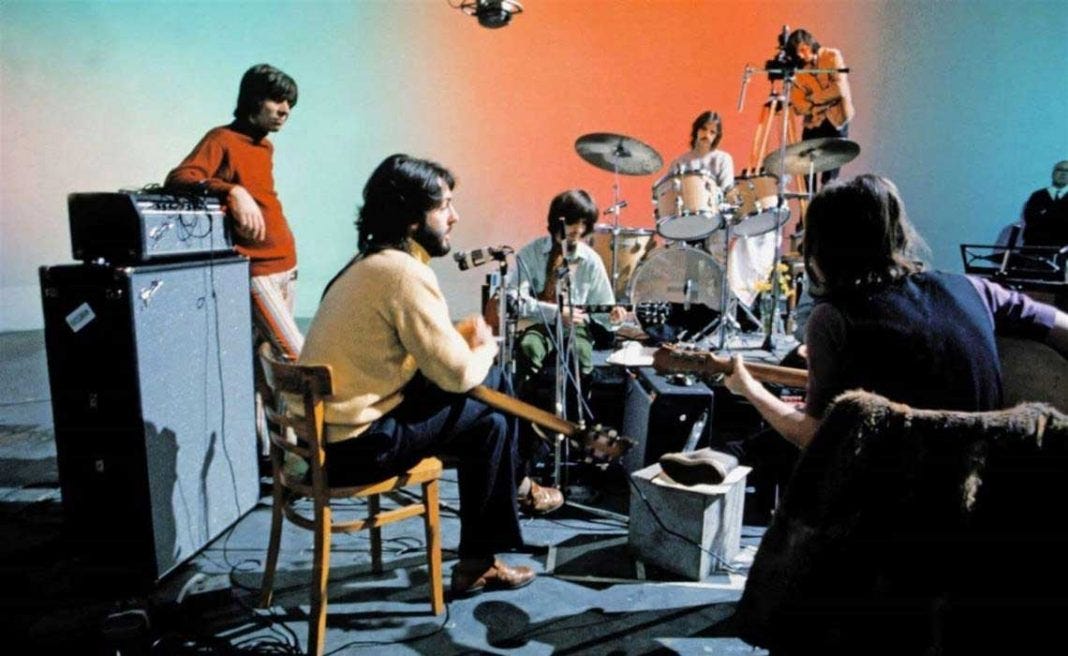Very scattered thoughts on The Beatles
I’m watching the “Get Back” documentary, more slowly than everyone else on earth because I find it almost impossible these days to sit still long enough to watch a screen for long unless I’m typing things into it.
First off, this is totally wrong.
I guess that’s a predictable end if you’ve gone off the deep end as the author clearly had. But only a trivi…


